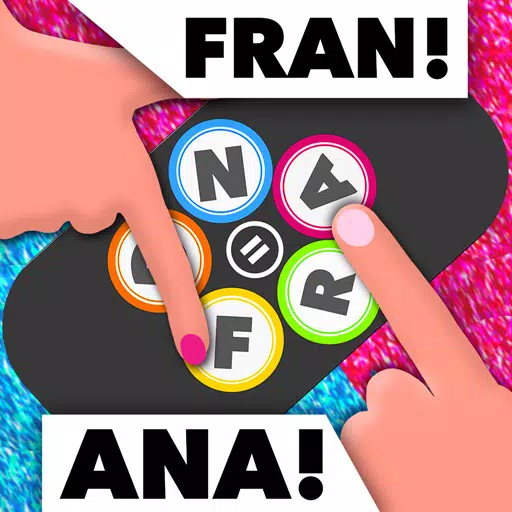Many game developers think the term “AAA” is silly and the industry is inefficient

The "AAA" label, once a hallmark of high-budget, high-quality gaming, is increasingly seen as irrelevant by game developers. Originally signifying massive budgets, exceptional quality, and minimal risk, it's now often associated with profit-driven competition that stifles innovation and compromises quality.
Revolution Studios co-founder, Charles Cecil, calls the term "silly and meaningless," a relic of a time when industry shifts prioritized profit over quality. He points to the evolution of big publishers investing heavily in games, yet often failing to deliver on the promise of AAA.
Ubisoft's Skull and Bones, marketed as a "AAAA" title, serves as a prime example. A decade of development culminated in a disappointing release, highlighting the emptiness of such labels.
Criticism extends to other major publishers like EA, frequently accused of prioritizing mass production over player engagement and creative risk-taking.
Conversely, indie studios are often lauded for producing games that surpass many AAA titles in impact. The resounding success of games like Baldur's Gate 3 and Stardew Valley proves that creativity and quality consistently outweigh sheer budget.
This profit-first mentality is widely believed to stifle creativity and innovation. Developers, fearing financial risk, shy away from bold experiments, resulting in a homogenization of big-budget games. A fundamental shift in approach is needed to recapture player interest and nurture the next generation of game creators.



























